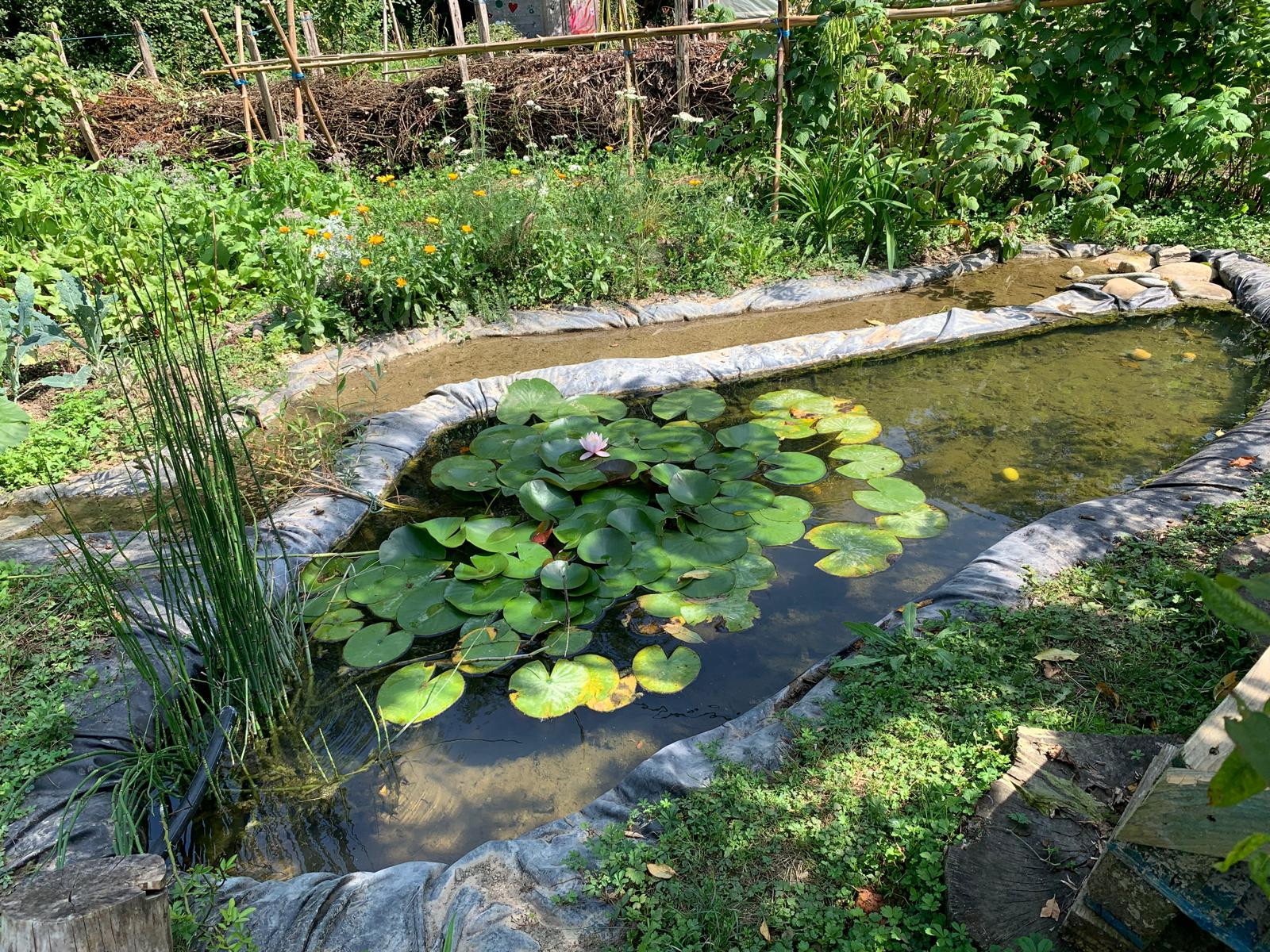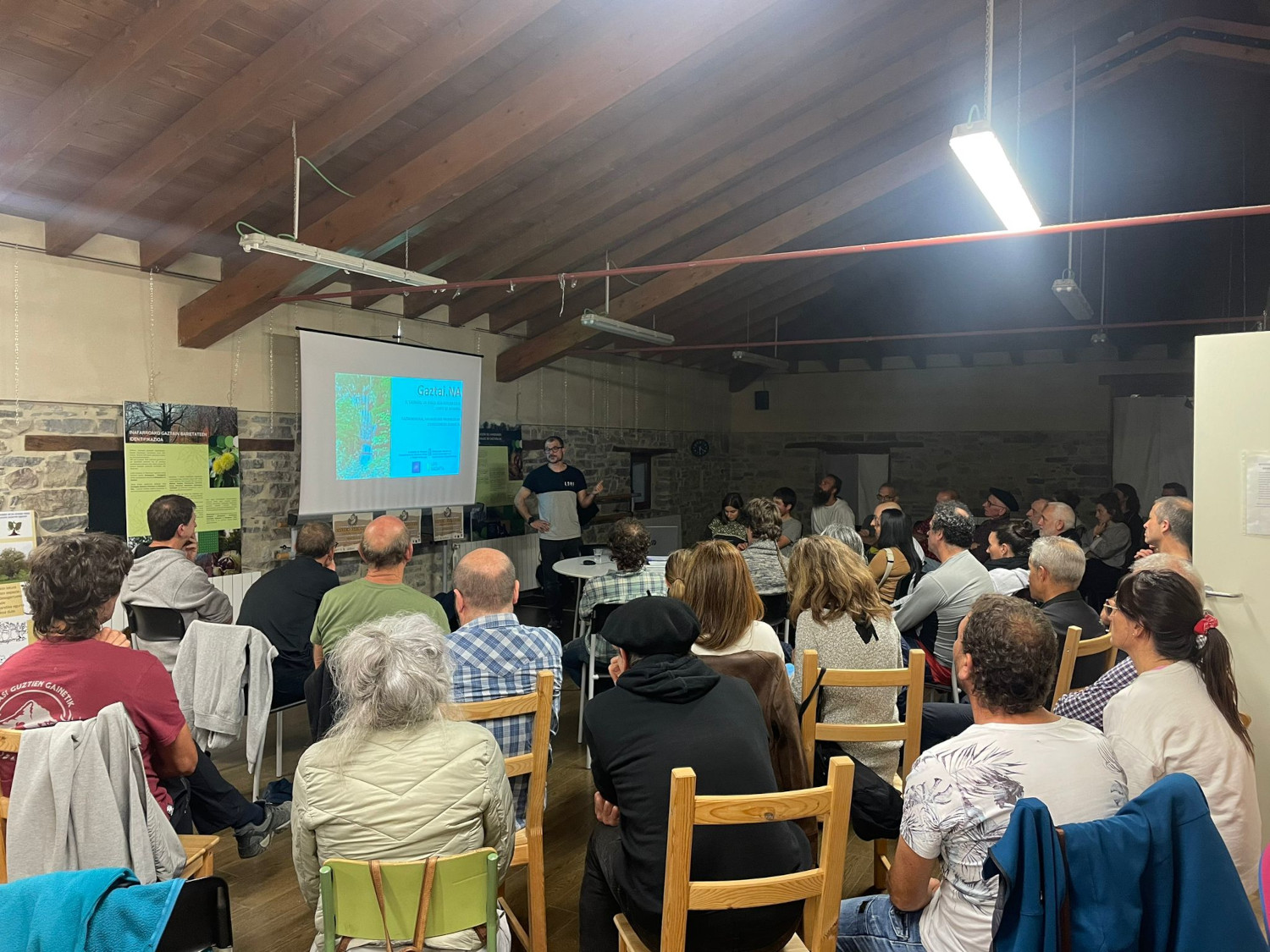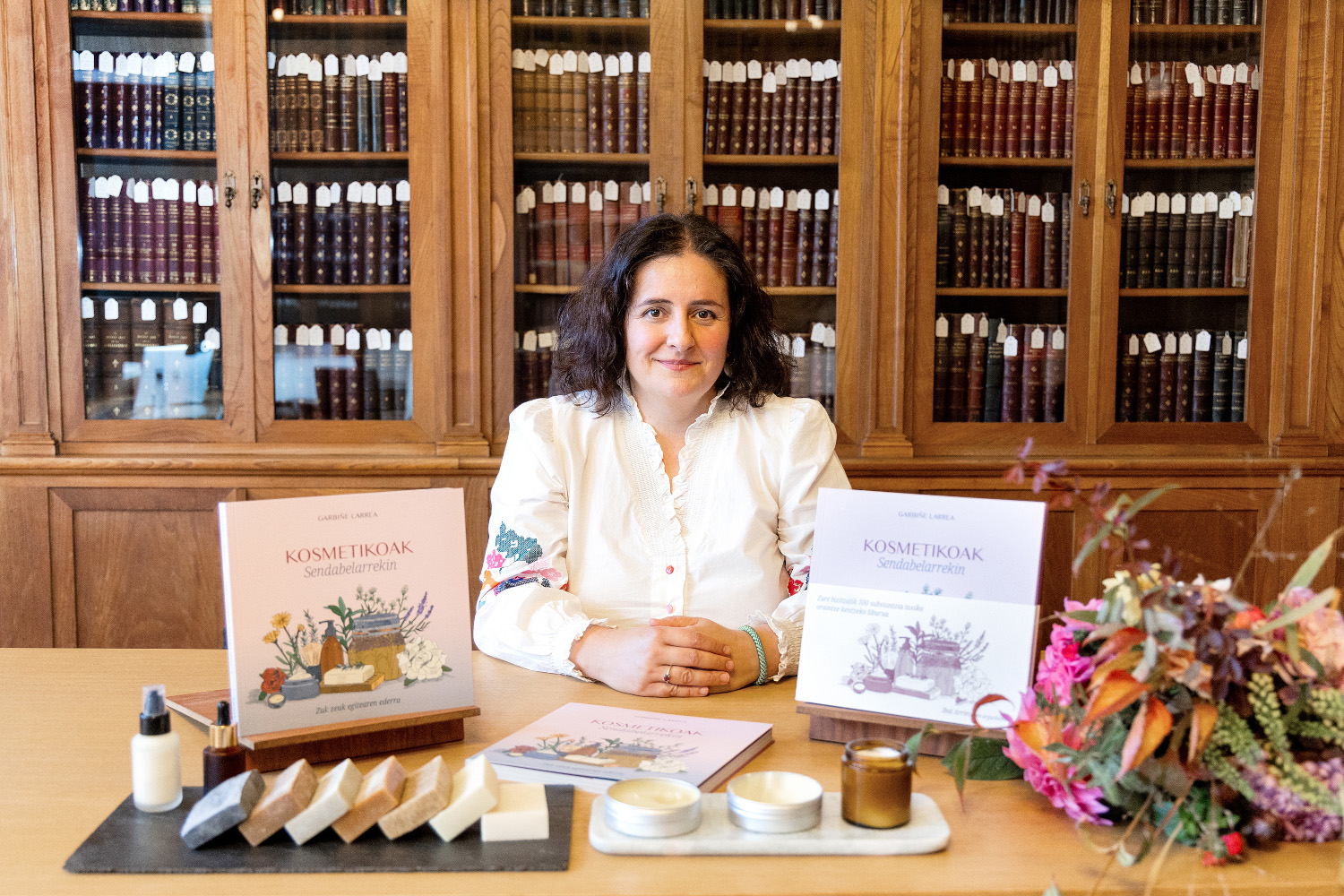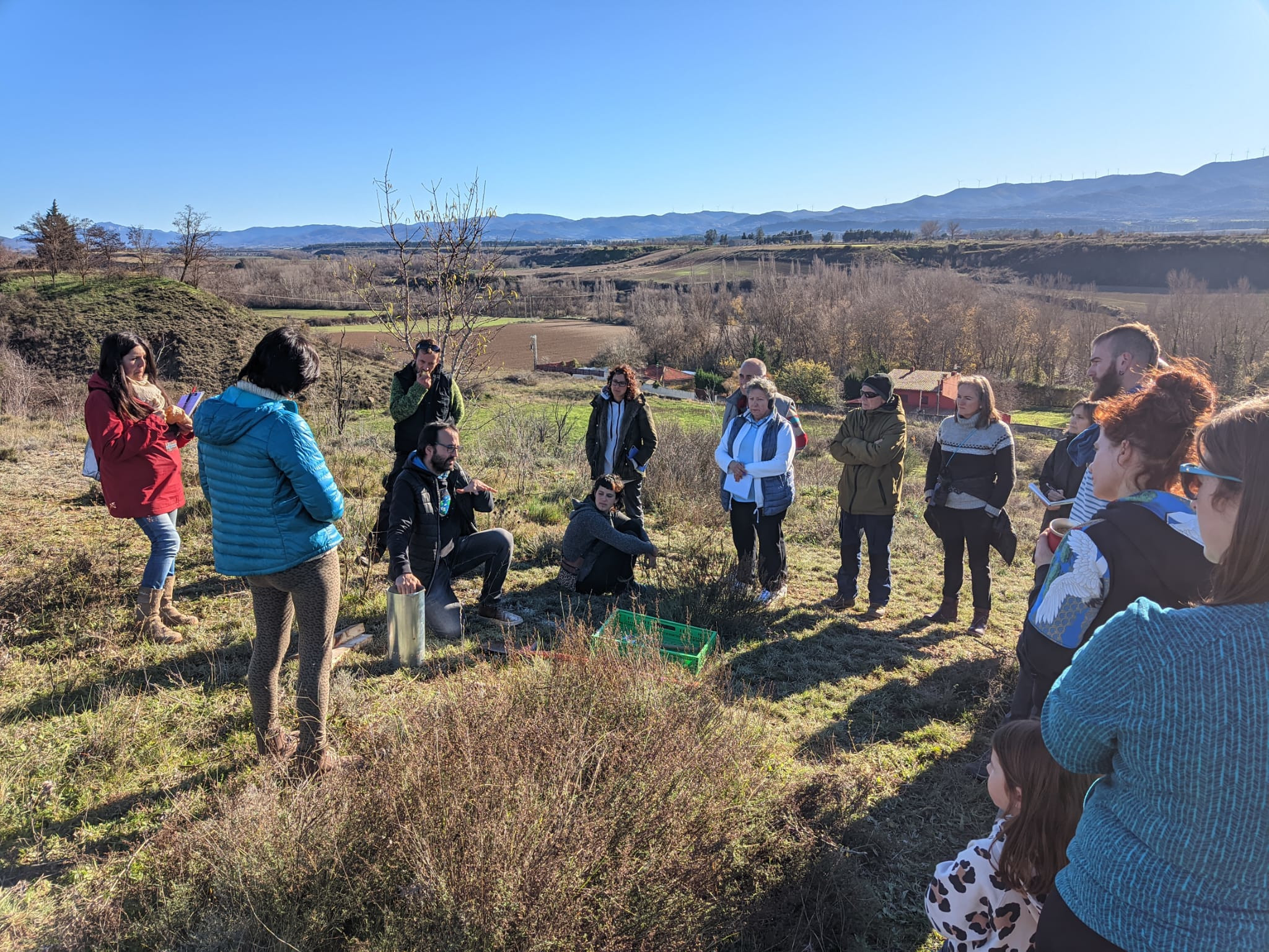Collective farmhouse for another life
- I found myself on social media with a little cartoon that said, "Urritza: community, collective farmhouse," and I started looking forward to knowing more about the project behind the poster. I learned about the presence of Donostiarra Jon Intxausti and of Marcos Menéndez de Barakaldo in the impetus of the project. “We had two or three years wanting to leave the city, looking for something to move to the countryside,” explains Intxausti. Rather than moving from the city to the village, they propose a modification of a whole way of life.

But the first step was to find a proper place to start the Vida project. “Places that for us should have some basic criteria, such as being 600 meters high, having natural water on the ground and having a large cultivable area,” says Intxausti. After searching in different places, they finally met the Urritza farmhouse in Bidania-Goiatz, which fulfilled all the conditions to develop their project: it is a large farmhouse with many spaces, has 15 hectares of land with natural sources… “We already think, this is our place!”.
At the moment, although there are only two families, several meetings have been opened in recent months to expand the project and the promoters want another six families to join Urritza. “We are now in the initial testing phase, but our goal is to bring together some 20 people here,” he explained. They have not yet bought the farmhouse, as until October they are doing it as proof, paying the price agreed with the owners, but next year they intend to gather and buy from the community. “The meetings we have held have been approached by many people and, if there is interest, the seed is thrown. See if we pick up the harvest for the spring.”
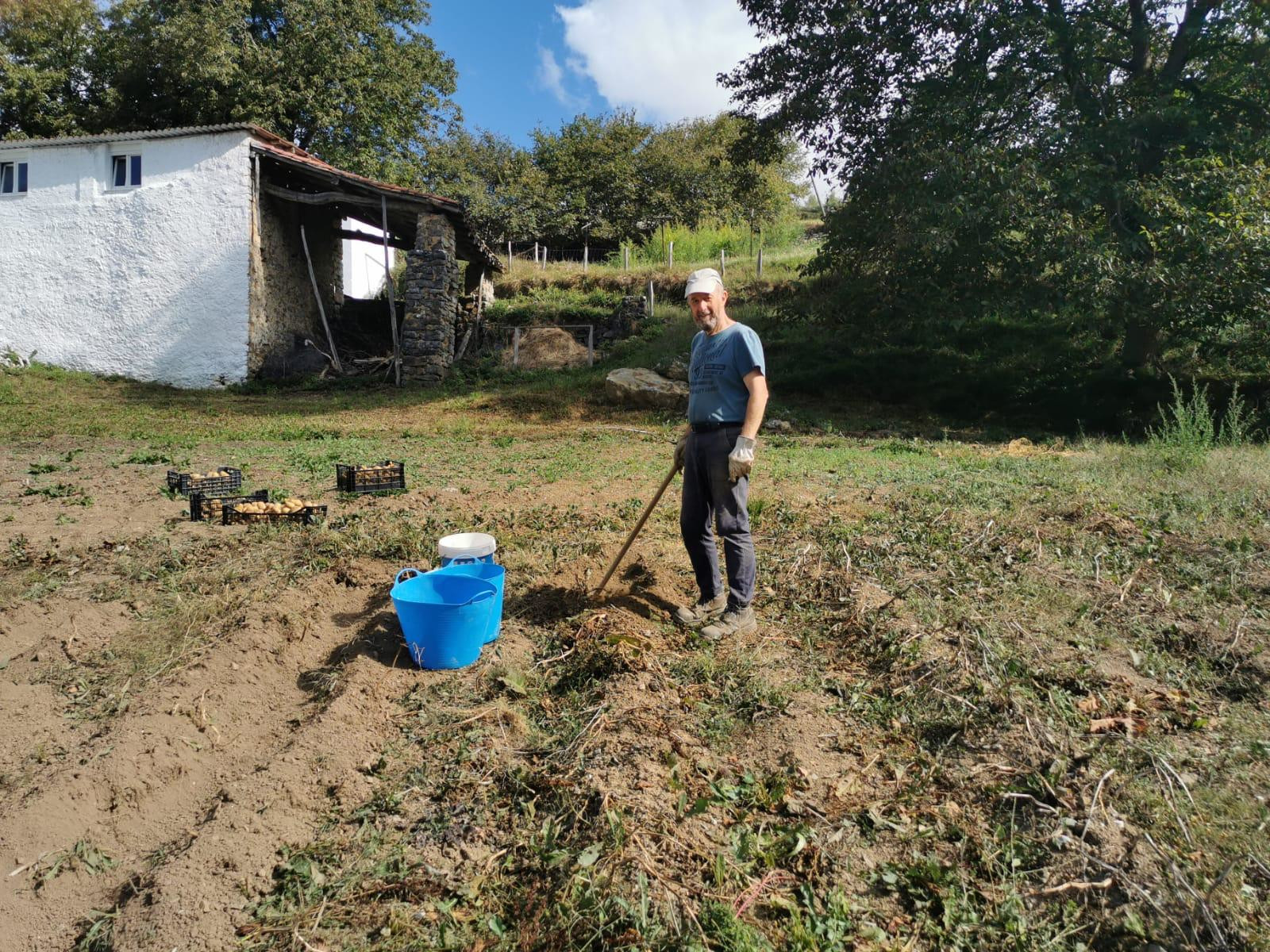
Self-sufficiency without money
The promoters of the collective project intend to encourage street people to live together with nature. Its bases include education, food, health, the recovery of housing, the impulse of new technologies and life without money. They are critical of the dynamics in all these areas in today’s society and intend to be a transformative project for these areas. “We want to live without money, creating our food, working with free energies,” he says. The challenge is not slow, but it insists that they are not in a hurry and that the intention is to take steps gradually.
With regard to production, its aim is to produce sufficient food on the ground for self-consumption and to share the surplus with other communities: “Not through direct exchange, but giving what is left and taking what is missing to another community.” They practise biodynamic agriculture and have been satisfied with the first harvest this year. “We have made beans, pumpkin, potato, corn and other vegetables.”















